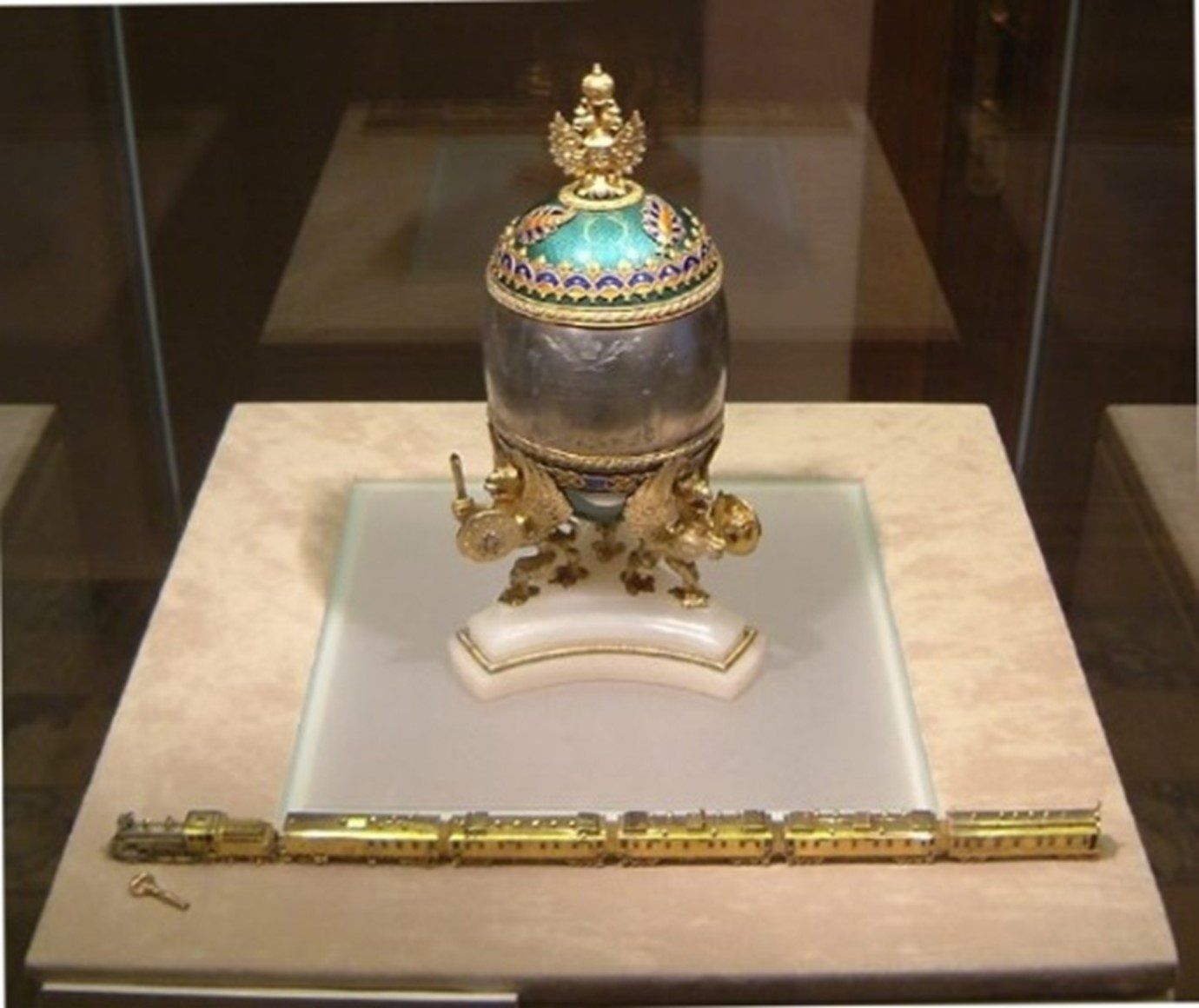I started work at Sellers & Co (Huddersfield) Ltd in late June 1985. Its factory, down Chapel Hill just outside the town centre, was known as Engine Bridge Works. This had been the company’s location for over fifty years when I joined. Known generally as ‘Sellers Engineers’, it had been a family company up to a few years before my start, when it had been subject to a management buyout. The Managing Director David Armitage had previously been the firm’s accountant, with colleagues Tim Sugden taking over as Financial Director and Tony Nield becoming the Production Director.
Photo of Sellers’ Factory taken around 2013, prior to its demolition to make way for the new Kirklees College. A replacent company factory was built on nearby Leeds Road.






















